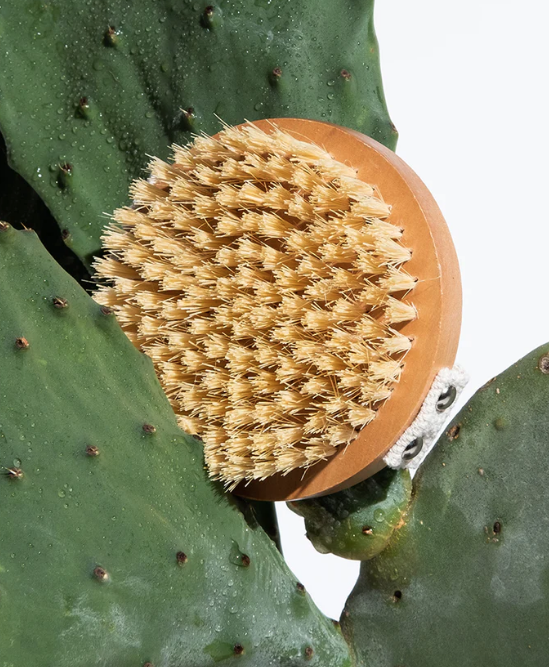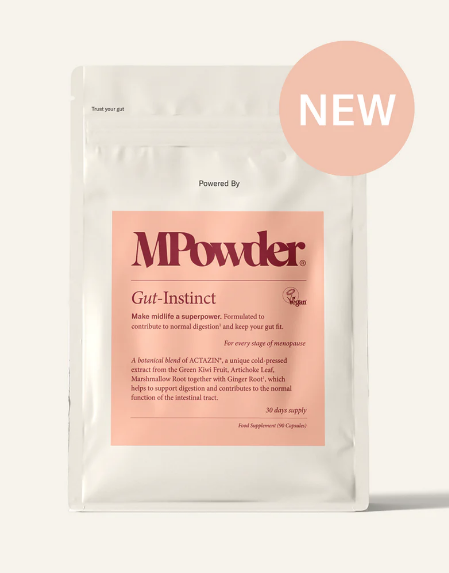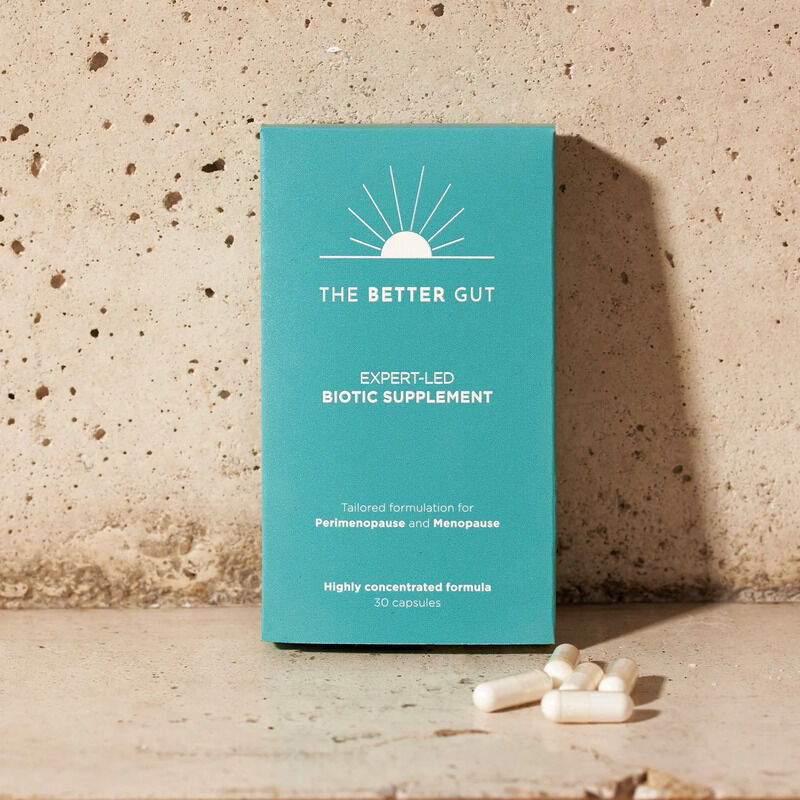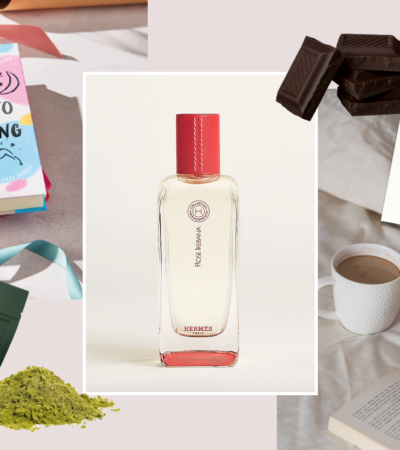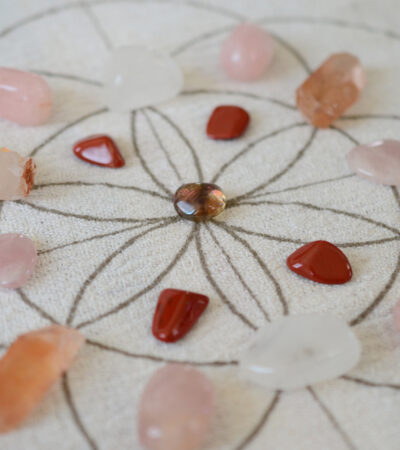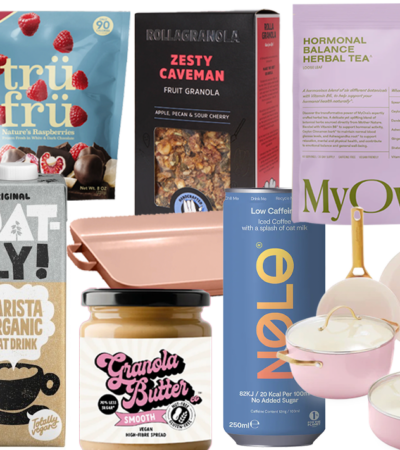Does your tummy feel full, tight and uncomfortable? Welcome to the midlife bloat, what feels like a year-round battle keeping the meno-belly and bloat at bay … but what causes it and what can we do to help it?
There are lots of reasons for our discomfort, so what exactly is going on in our guts during perimenopause and menopause? Production of stomach acid reduces with age making it harder to digest food, gut sensitivities can lead to food intolerances and hormonal changes can create more fluid retention which in turn leads to weight gain and general feelings of puffiness as well as cramps, fluid retention and wind etc. Jo Lyall, founder of The Better menopause says “when oestrogen declines and fluctuates during perimenopause this can cause disruptions to the gut microbiome. We have gut bacteria known collectively as the estrobolome that are responsible for metabolising oestrogen. When the estrobolome falls out of balance, it can cause common symptoms like bloating, mood swings, sleep disturbance, weight gain, hot flushes and anxiety”.
Nutrition – Look after your gut!
Dr Vera Martins, Resident Menopause Expert at MPowder says: “We know that the natural decrease in oestrogen impacts our metabolism and insulin sensitivity, affecting fat distribution in the body. There is definitely a strong link with our gut health -meaning a reduction in our microbiota diversity is linked to a decreased metabolic rate, insulin resistance and increased deposits of fat around the waist area”.
The key here is not to jump to restrictive diets as in midlife we need nourishment. We all know the benefits of a Mediterranean diet, rich in healthy fats and protein and reduces the UPFs (ultra-processed foods) and sugar, but we should also be considering botanicals that promote digestion, reduce gut inflammation and support healthy blood sugar levels such as ginger, artichoke leaf, turmeric and cinnamon. I am also making a concerted effort to reduce my alcohol intake and up hydration levels!
Emma Bardwell, nutritionist and co-author of the Peri-Menopause solution agrees, “bloating is one of the biggest complaints I get from my patients, and it is important to note that some bloating, especially after eating, is normal, however, certain foods can be a trigger, such as beans, cruciferous veg, like cauliflower and foods such as garlic, leeks and onions, but instead of avoiding these foods, which will only reduce your dietary diversity, try having very small portions initially (like a tablespoon) and allowing your gut to adjust to them as they are very high in fibre – low and slow is my mantra” Emma does underline however, that if you have any long term bloating, to get checked out by a doctor.
Marie Reynolds is a wellness and skin expert with clinics in London and Norfolk and a go-to practitioner for colonics. She urges us to consider time-restricted eating whereby you have your evening meal earlier and your breakfast later, leaving a clear 12-hour window for your gut bugs to have a rest. “Look at how you are eating and when you eat. Eating slower will increase digestive enzymes to break down food and ease bloating and try and eat your evening meal before 7pm to avoid putting a strain on the digestive system. Digestive enzymes are not at their highest later in the evening so food that should be digested tends to stay in the stomach fermenting hence causing bloating.”
Colonic treatments can also help with bloating in midlife, and there are plenty to choose from at Marie’s clinic where she has customised treatments to target specific concerns, such as a coffee enema for a liver cleanse or Wild oregano for parasite cleanse (yes, really) but overall colonic treatments cleanse the bowel and hydrate the system and can be beneficial. These are recommended 3 times in quick succession for newbies with ongoing treatments every 2-3 months.
Generally, these days, anything that addresses both the health of the colon and digestive tract as a whole is now widely considered to be ideal by health-conscious individuals and fans of colonics rave about the clear skin and wonderful light feeling after so I am considering signing myself up …
Massage & Body Brushing
I took myself off for a full body massage over the festive break to a local massage therapist as I really felt the need for a bit of pampering and relaxation before the festivities kicked off in earnest. Massage therapy is all about increasing the movement of the body’s circulatory systems in general, particularly the lymphatic system, which helps with the excretion of excess fluids via the kidneys, retained in the tissue under our skin. After my thorough massage, Felicity gave me a little tutorial in self-abdominal massage– for anyone who has done baby massage on their little ones, the principle is the same:
- Lie on your back with your knees supported by a cushion or rolled-up towel
- Starting on the right-hand side of your body by your hip bone, using the palms of your hands, press with gentle, circular motions
- move clockwise around the abdomen following the natural digestive path and repeat 3-4 times
Have you tried dry body brushing? I have been doing this for a few years now once or twice a week and I intend to up this to 4 times going forward. Skin brushing on a regular basis is key to helping the overall lymphatic system flow smoothly and prevents bloating and swelling across the body. Kate Shapland, founder of Legology and body brushing advocate says “Body brushing is one of those simple tasks that brings huge rewards for minimum effort. It takes 1 minute a day to sweep the brush over skin with quick flicks up the body (towards the heart and lymph nodes) before, during or after a shower.”
Body brushing newbies beware: the bristles of the brush aren’t soft! The act of brushing activates the lymph vessels, which are just beneath the surface of the skin, thus helping the lymph to circulate around the body and mop up waste and transport it to the lymph nodes where it is filtered. The main reason to body brush is to decongest the system, but another great benefit of body brushing, is the way it softens and tones your skin and it also promotes circulation which brings fresh, nutrient-rich blood to the surface of the skin, plumping it and giving it tone.
Managing Stress can help bloating
In Chinese traditional medicine, the large intestine and small intestine are considered to be the home of undigested emotion and anxiety respectively. This might go some way to explaining the complicated relationship many of us women have with our tummies in general and why, when we are on holiday, the bloating may seem less. Dr Martins suggests looking at how you digest stress. The stress hormone cortisol is typically linked to gain weight around the waist. Our resilience to stress is affected in menopause, impacting cortisol production. Stress can also affect our food choices and lifestyle. In addition, poor blood sugar regulation, which we are more prone to during peri/menopause, can also increase cortisol.
Our guts respond to how we feel – and if we have cortisol surging through our bodies without respite, our gut’s ability to digest is impacted as it can direct blood flow away from the gut and reduce the production of stomach acid, so working to reduce stress and anxiety and replicating that holiday feeling is key, try taking 2-3 minutes before each meal to take some deep belly breaths to relax and prepare to really savour your meal.
We all know the benefits of exercise and movement in midlife, but it can really help our digestion and to get things moving so to speak …. Try building in a brisk walk into your day after a meal and you should notice the difference!

words by Nicola de Burlet



